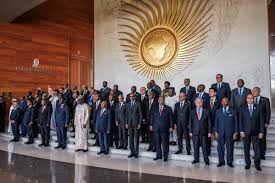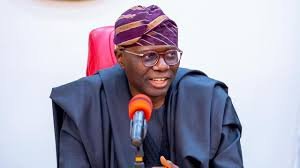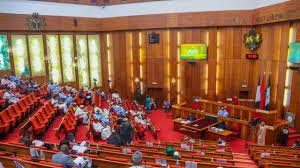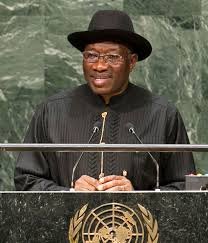In my classes on Comparative Philosophy, I always like to tell my students the need to balance the imperatives of decolonization with a very clear understanding of assumptions, methodologies and their implications. At a more pedestrian level, the herbal remedy from Madagascar presents a good example to restate this point.
A number of Africans are angry at what they perceive as the reluctance of the scientific world to accept the cure because as they see it, it didn’t emerge under a procedure known to the West and labelled scientific to disguise its embedded discrimination. There’s thus an increase in the call for Africa to look inwards, find its own cure for the virus and damn the West and its methodologies. Enough of looking down on Africans as a people lacking in agency and incapable of solving existential problems without the support of its colonizers.
The call is patriotic and well intended. It is also relevant because Africa cannot truly be free until it begins to practically demonstrate its self-reliance as well as significance in combating global challenges. There is however an implicit error that I consider capable of undermining this call in ways that are not obvious to many of its advocates.
The assumption is that scientific rigour, which includes testing, observation and revalidation, are Western paradigms to which Africa need not subject itself. So to reject Western epistemic arrogance, we need to reject its methods as well and do it our own way.
I think this position is incorrect. Science and its methods are not the exclusive preserve of the West. There are so many proofs in history of the contributions of African, Asian and numerous other civilizations to human development, including its scientific progress.
Part of what the West did when it conquered Africa was to rewrite history and tell us that we made no contribution whatsoever to human development. We were never fully human anyway, like J. S. Mill, David Hume and others like them argued. Colonization therefore, was our first contact with civilization. Scientific and technological progress was and remains exclusively a product of Western ingenuity. Colonization was part of that project to humanize us in all sense of the word, so that overtime we can also be like the Europeans.
There’s been a lot of pushbacks from Africa, not the least from the academia. But many of the approaches unwittingly assimilate this erroneous Western claim. They accept scientific knowledge as exclusively Western, then seek to provide an African alternative to it.
Science is universal. To say that is not in any way to ignore or diminish Western contributions to its development, which are of very great significance. So when we are called upon to put our ideas to test as it is in this instance; to certify the efficacy and safety of the cure we claim to have found, it is not the West forcing us to do what it does as the West. It is a call on us to do what our civilization has taught us over centuries as we made progress.
It fits the condescending view of Africa by the West when our claims to epistemic otherness is taken to the extreme, for what it validates is the view that we are indeed different. What we should be contesting therefore is the narrative that seeks appropriate science as Western heritage. We should make bold our claim to its co-ownership.
Surely, there may be equally useful methods of testing and measuring from the ones that are so popular and certified as valid. We can make the case for duality or multiplicity of validation methods, be empirical about it, and be also willing to rationally and boldly defend our claims. Doing that doesn’t mean we’re being sucked into doing it the Western way. Rather, we’re actually doing it the human way and expanding the frontiers of our collective progress.
The bold effort by Madagascar is commendable. Kudos to every genuine African out there who also believes s/he’s found a cure for the virus. But there can be no shying away from demonstrating the safety and efficacy of the ‘discovery’. If there are scientific reasons why current procedures are considered inadequate, they must be disproved in a manner that is equally open and transparent.
Even if our forefathers had cures for ailments without standardized measurement and testing procedures, the better way to honour them is to improve on what they have done, rather than insisting it has to be done the way it was centuries ago. Acknowledging and affirming the innovations of the past is not the same as being stuck or frozen in them. Our forefathers will not be happy if they (are able to) look back and see that unlike other cultures, we are not working to make better what they bequeathed to us.
To sum up: modernize your processes, Africa. You may wish to invent your own measure of what modernization means, which in itself is welcome, but don’t resist modernization because you have been programmed to think it is a Western heritage from which you need to flee. It is an epistemic trap.
Adeolu Oluwaseyi Oyekan holds a PhD in Philosophy from the University of Lagos, Akoka, Nigeria. He is currently a Postdoctoral Research Fellow on Identities and Social Cohesion in Africa, at Nelson Mandela University, Port Elizabeth, South Africa.























